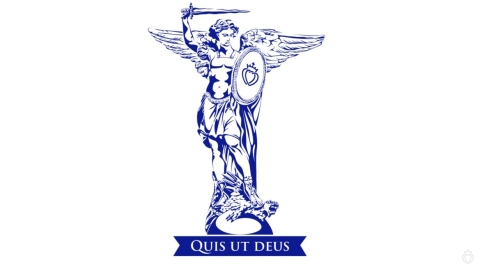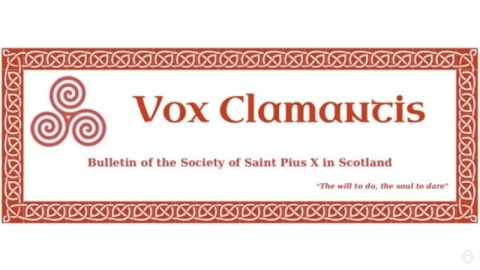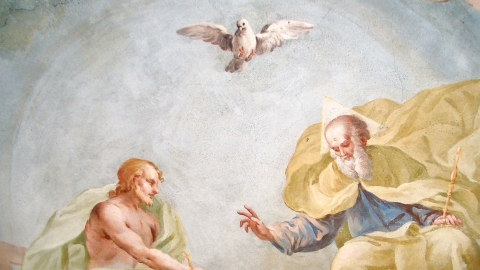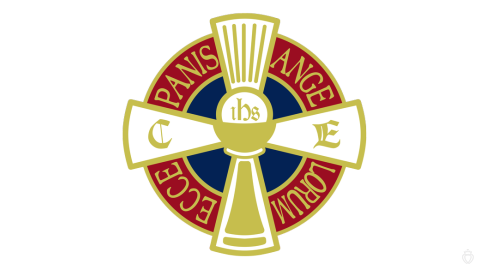Death of a Queen

Queen Elizabeth II 1926-2022. Requiescat in pace.
THe following letter was written by Cardinal Vaughan on the occasion of the death of Queen Victoria in 1901. It was read in all churches of the Westminster Diocese on the last Sunday of January 1901. In its recommendations to Catholic faithful, it is directly applicable to the sorrowful event of the death of Queen Elizabeth II on Thursday 8th September 2022.
Letter of Cardinal Vaughan read in the churches of the Diocese of Westminister
The death of Her Most Gracious Majesty, after a prosperous reign of over 63 years, throws the whole of the British Empire into grief and mourning. She had reigned more years than make up the lives of the majority of her subjects. She had become bound up with the national life, and even with the domestic sorrows of her people, as no other Sovereign during the last thousand years.
Her rich natural virtues exercised an influence under which vice lay abashed in her presence; and during her long life she was to her people a priceless example of moral virtue throughout the great periods of maidenhood, married life, and widowhood. To excellence in the domain of domestic and private life she united all those gifts and civic virtues that have endeared her to the Empire as the most perfect of Constitutional Sovereigns.
None will mourn more sincerely than Catholics the loss of “the Good Queen”. During her reign they have come into the enjoyment of a liberty which had been denied them for three centuries. She lived to see all their grievances, with a few exceptions, removed; and we may fairly took back upon the period of her sway as one filled with blessings to ourselves as a community, while, with whatever drawbacks and abatements, it has bees remarkable for the extension and prosperity of the Empire.
We have often, during her reign, prayed that God would bless her with Divine light and strength, and every grace needful for the discharge of her many and onerous duties. We have prayed that she might be visited by God’s goodness and blessed upon her bed of sickness. The Holy Father himself has been most assiduous is his inquiries and anxiety for the suffering state of the Queen, sending through us messages of condolence and prayers for her recovery. And now she has passed beyond the veil, leaving her people in tears because they will see her no more, consoling themselves in their sorrow with the rich and sweet memories of the past.
Of public religious services for the dead the Catholic Church knows of none but such as she has instituted for the souls of her own children. For them the Requiem Mass, the Solemn Absolution, and the Catholic Funeral Office, form the only Memorial Service for the dead in her liturgy.
No one would feel it to be right that, in our grief, we should so far forget ourselves or the proprieties due to her deceased Majesty and to the official position she filled, as even to appear to claim her as member of our Church, which we should be doing were we to perform in her behalf religious rites that are exclusively applicable to deceased Catholics. Of other rites for the dead the Church has none.
At the same time we may remind you that it is lawful to those who believe that any persons have departed out of this life in union with the Soul of the Church, though not in her external communion, to offer privately prayers and good works for their release from purgatory. The Church herself forms no judgment on the matter which must remain the secret between God and the individual soul.
What then can we do? Everywhere a deep sentiment of loyalty and patriotism is swelling within the heart of the Catholic community in England, and seeking for some outward expression. Gladly and eagerly shall we join in the purely civil and social mourning, as in the civil honours that will be generously offered by the nation to the memory of such a Queen. Where there are church bells they will be tolled in sign of mourning, and the national flag may be run up half-mast, either within or without the precincts of our churches. We fully and acutely share in the national sorrow and the anxiety inseparable from such a period. We trust and pray that the noble traditions established by the Mother will be carried on and perfected by her Son. The attachment of Catholics to the Throne and the Dynasty are beyond suspicion.
We proceed, then, to prescribe, in order that the Divine blessing may rest upon the successor to the Throne, upon the nation, and upon ourselves, the recitation, in the Mass, of the collect , "Deus, Refugium nostrum” until further notice, tamquam pro re gravi.

Cardinal Herbert Vaughan 1832-1903





